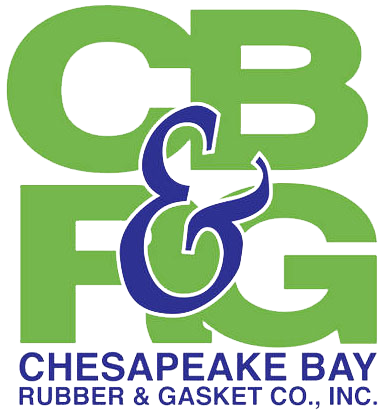MIL-R-21252
MIL-R-21252 is a 85-durometer EPDM (Ethylene Propylene Diene Monomer) rubber, conforming to specific military specifications, presents a material with a high level of hardness and resilience. The durometer value of 85 indicates a relatively rigid rubber that can maintain its shape and integrity under pressure, making it well-suited for applications where durability and resistance are paramount. EPDM, known for its excellent weathering, ozone, and temperature resistance, ensures that the rubber retains its properties even in challenging environmental conditions. This combination of hardness and EPDM's inherent attributes makes this material particularly suitable for applications such as gaskets, seals, and insulating components in military and industrial settings, where reliability and performance under stress are essential. The adherence to MIL-spec standards guarantees consistent quality, meeting the rigorous demands of military and other critical applications.
High grade EPDM military specification gasket sheet used in sealing applications where harder durometers are required. Often used for shipboard evaporator gasketing.
Durometer (Shore A): 85 (ASTM-D-2240)
Tensile Strength (psi): 1,900 (ASTM-D-412)
Elongation: 150% (ASTM-D-412)
Temperature MAX: 220 degrees F
Color: Black
MIL-R-21252 refers to a military specification for rubber, specifically for rubber sheets, cellular rubber, and rubberized fabrics. The MIL-R-21252 document outlines the requirements and testing procedures for these materials, ensuring they meet the necessary standards for use in military applications.
Here are some key points about MIL-R-21252 rubber:
Material Composition:
MIL-R-21252 covers a range of rubber materials. The specific composition may vary depending on the intended application, but these materials are designed to exhibit properties such as flexibility, resilience, and resistance to environmental factors.
Applications:
Rubber materials specified in MIL-R-21252 find applications in various military components. Rubber sheets may be used for gaskets and seals, cellular rubber for cushioning and insulation, and rubberized fabrics for protective covers or clothing in military equipment.
Compliance and Testing:
Manufacturers producing rubber products under MIL-R-21252 must adhere to the specifications outlined in the document. Compliance involves meeting certain physical, chemical, and mechanical properties. The testing procedures specified in the document ensure that the rubber products can withstand factors such as temperature extremes, exposure to fuels, oils, and chemicals.
Quality Assurance:
The military specifications often include requirements for quality assurance during the manufacturing process. This may involve inspections, testing, and documentation to ensure that the rubber products consistently meet the specified standards.
Environmental Resistance:
Rubber products under MIL-R-21252 are expected to demonstrate resistance to environmental factors, including exposure to sunlight, ozone, and other weathering elements. This is crucial for applications where the rubber components may be exposed to outdoor conditions for extended periods.
Changes and Updates:
Military specifications, including MIL-R-21252, may undergo updates or revisions over time to incorporate advancements in materials or changes in requirements.


